Navigating the Thanksgiving Holiday During Eating Disorder Treatment
The time leading up to the Thanksgiving meal is joyous for most people, but for individuals in eating disorder treatment, it can feel stressful, overwhelming, and anxiety-ridden. Still, it is possible to enjoy this holiday with your family.
If you or a loved one is in the midst of eating disorder treatment, here are six tips to help guide you during the Thanksgiving holiday.
1. Develop a plan.
Speak to your dietitian and/or therapist about the best approach to take on Thanksgiving Day. To start, do your best to stick to your regular eating schedule. Don’t skip breakfast or lunch in anticipation of a large dinner. If dinner is later than usual, grab an afternoon snack.
Additionally, talk about how it will feel to be overwhelmed or anxious but still eat and enjoy yourself. Make a list of positive affirmations to keep with you — things like “I can do hard things” and “I am strong and capable.” Come up with an easy-to-remember response if a family member makes a critical comment or mentions their weight loss plans for the new year. Having a plan will help you feel in control, even when unexpected challenges arise.
2. Build a strong support system.
Not all family members are supportive of your journey, which makes spending time with them difficult. Still, it doesn’t have to ruin your holiday! Identify one guest at your Thanksgiving meal who will be encouraging and sympathetic. Let them know that you are struggling with an eating disorder and ask them to help you manage challenging interactions and other tricky moments. They can help steer an awkward conversation or even step in if things become confrontational.
3. Ask for help!
Fear of food is often the primary cause of anxiety surrounding Thanksgiving. Fortunately, you don’t have to face the table alone. Your eating disorder may cause you to question your choices, but know that anything you eat is okay (more on that below). You can ask a trusted family member to help you serve yourself or navigate the dessert options. You can also just ask them to remind you that you’re doing great.
4. There are no rules to follow.
When it comes to Thanksgiving, ignore any preconceived notions you have surrounding the meal. All foods fit. Say it out loud and write it down. You can fill your plate with whatever you want, and you can portion your items as you choose. If you don’t want to eat something, that’s okay too. Don’t pay attention to how other people serve themselves — unless you find it helpful. In that case, use the plates of other guests to help you pace yourself, both at the buffet and at the table.
5. Be mindful.
It’s important to stay present as you eat your Thanksgiving food. Engage in conversation with others to help you take slow, steady bites. If you start to feel anxious, set your fork down and take a few deep breaths. Use a meditation app like Calm or Headspace to do a longer mindfulness exercise if needed (it’s okay to hide in the bathroom or pantry for a few minutes!). If weather permits, take a walk after dinner to shake off any lingering guilt or judgments.
6. Establish a tradition that doesn’t involve food.
It sounds silly to say, but Thanksgiving is about more than a special meal! It’s about spending time with loved ones and celebrating together. To lessen the focus on food, watch the Macy’s Thanksgiving Day Parade or Dallas Cowboys football game together. Explore a nearby hiking trail or take the kids to a neighborhood playground after dinner. End the night with a game of Monopoly or Charades.
There are so many ways to reclaim the Thanksgiving holiday during eating disorder treatment.
Above all else, remember that you’re doing your best. This time of year can be tough, but it can also play an important role in your recovery journey.
For more information about eating disorder treatment at Hidden River, please visit our website.
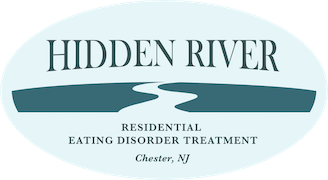
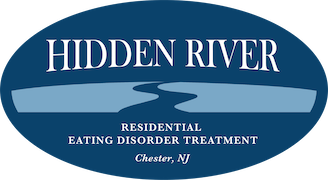
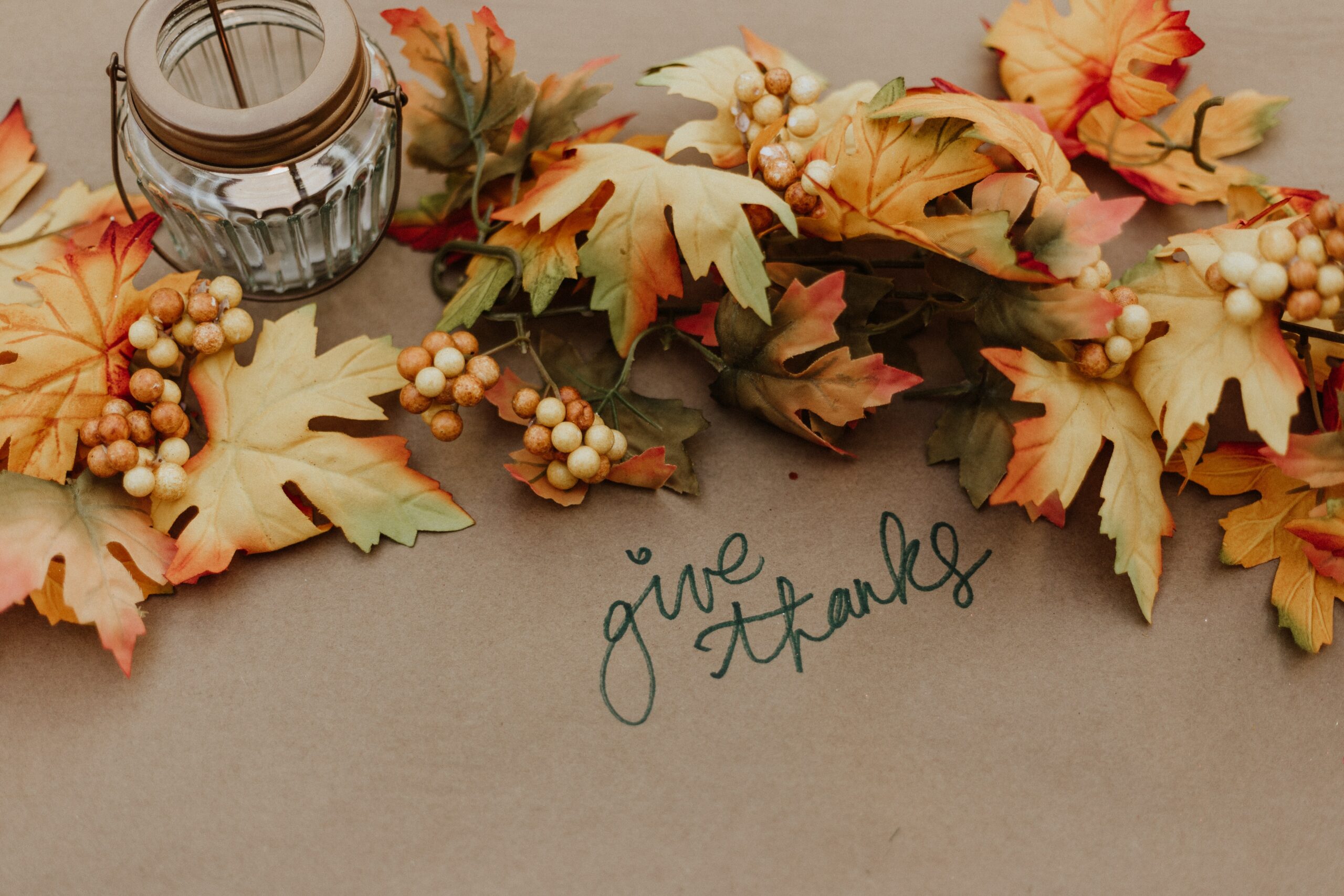
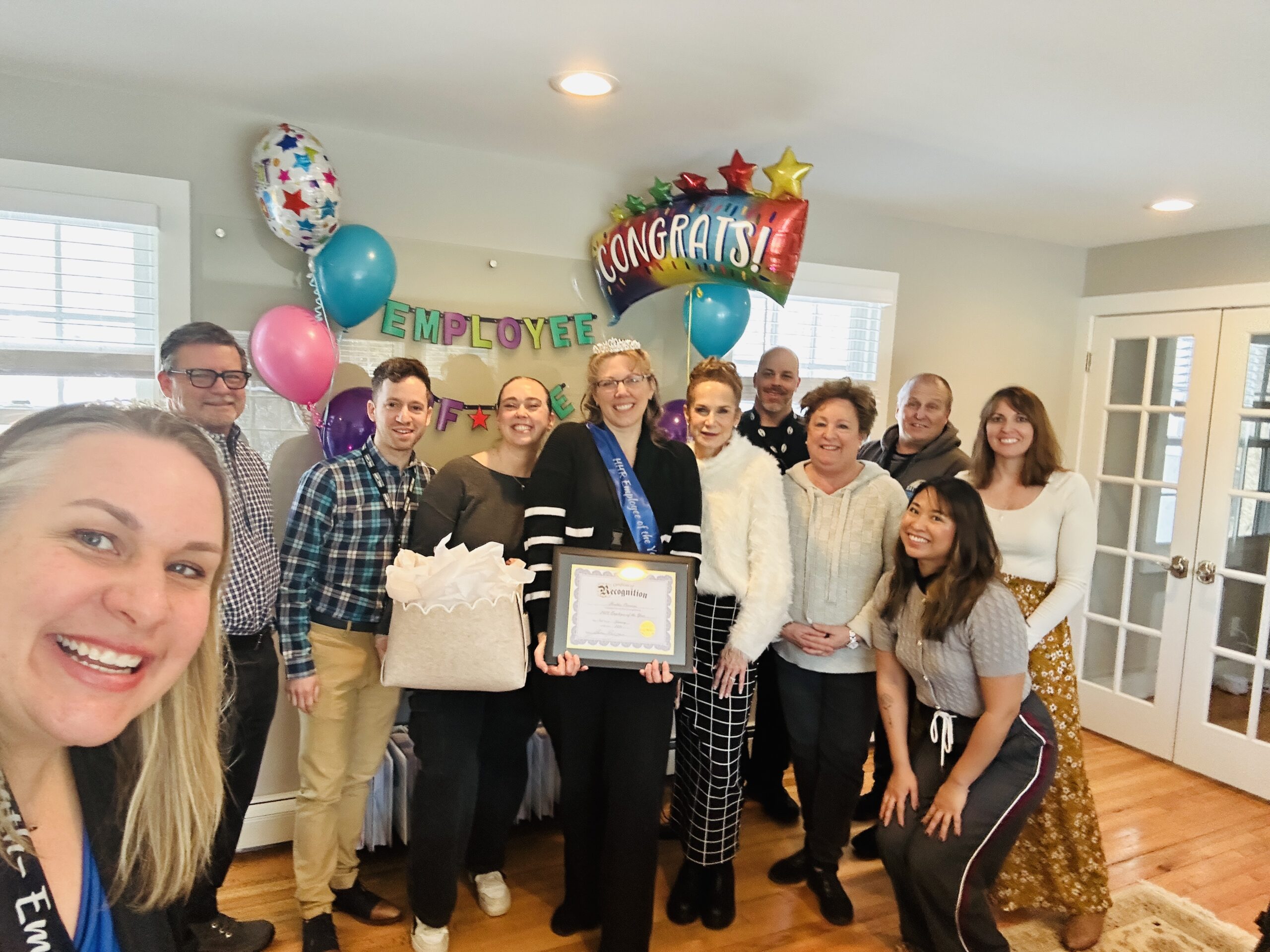

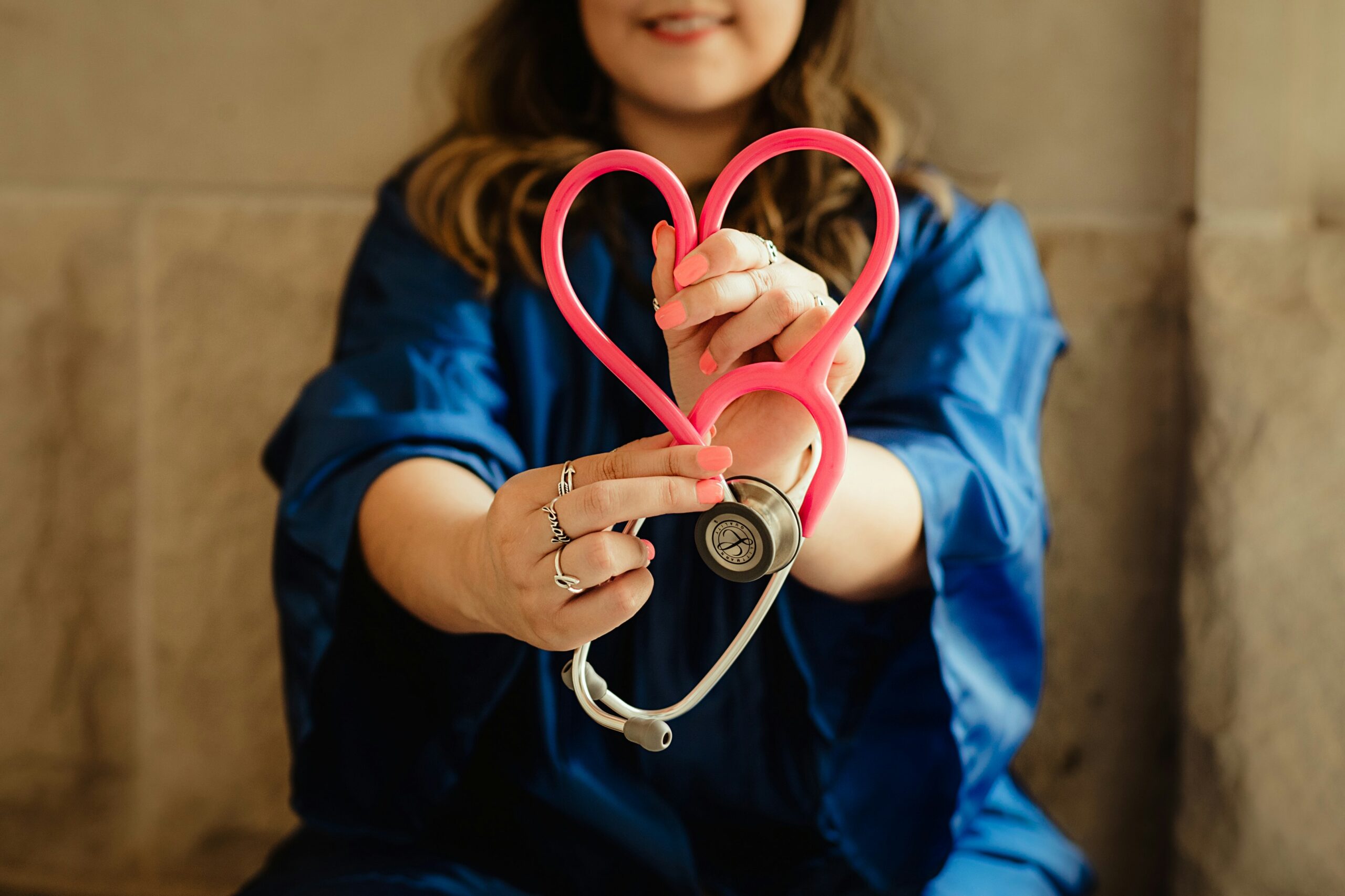
Leave a Reply
You must be logged in to post a comment.